How to grow plants in small spaces
Whether you’re residing in an apartment, a tiny urban home, or even a cosy dorm room, there are so many ways to breathe some greenery into your life – such as container gardening. Don’t let crowded walls in a small space limit your ability to enjoy the beauty and benefits of plants; plenty of innovative techniques and space-saving solutions can help you create a lush and thriving garden in even the trimmest of spaces.
What is Container Gardening?
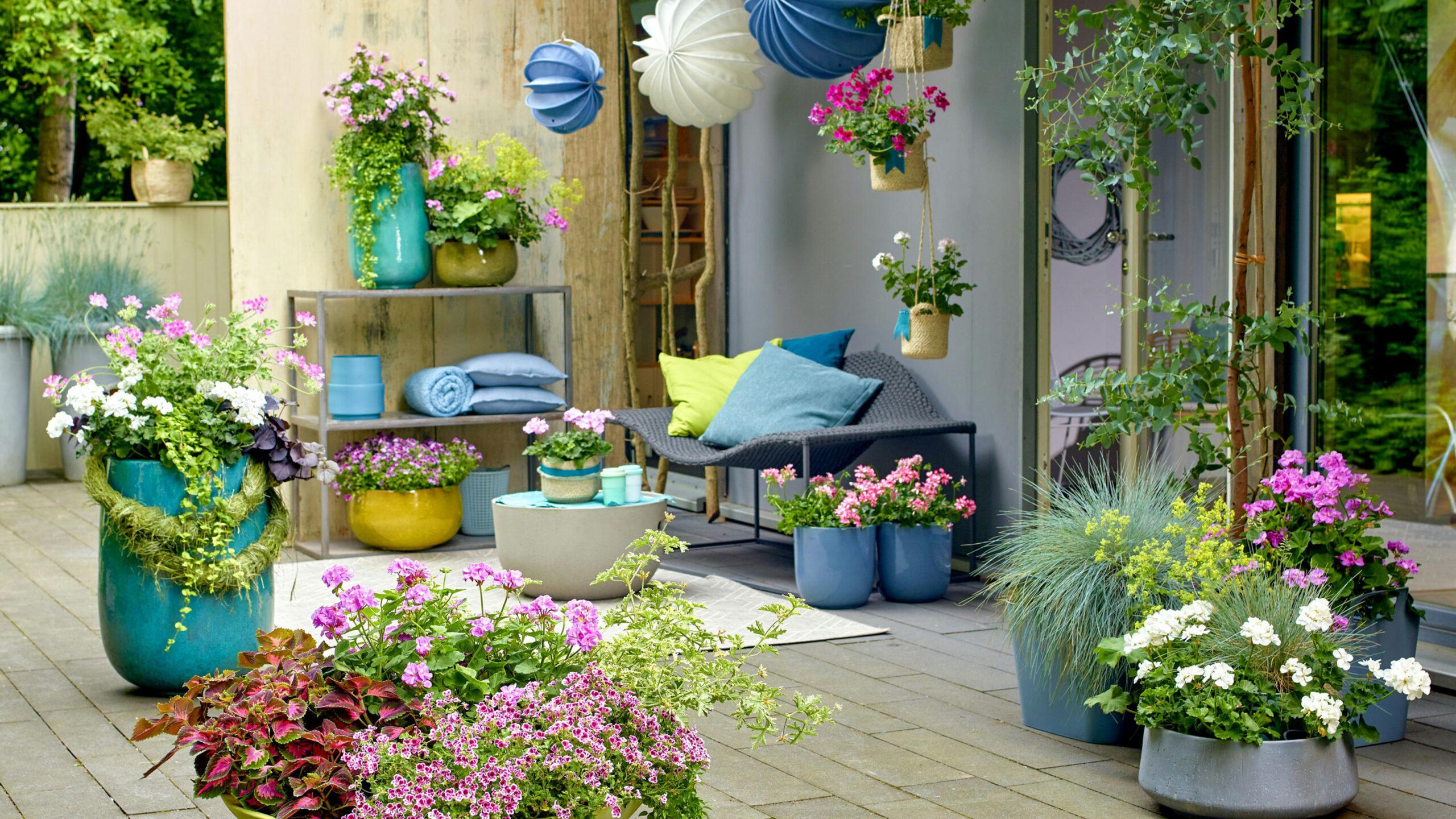
Container gardening is the perfect way to power up your home/workspace/creative studio, especially when you find yourself lacking a typical garden. Container gardening is great for smaller living spaces when you want variety. The range of containers available offer versatile options for your numerous nooks and crannies that desperately need a plant buddy to liven them up.
What Are the Different Types of Container Gardening?
Container gardening comes in many shapes and sizes. The kind you select will depend on several factors, like how much space you have, the levels of sunshine throughout the day, and how well you can set up an impromptu irrigation system.
The Raised Bed Garden
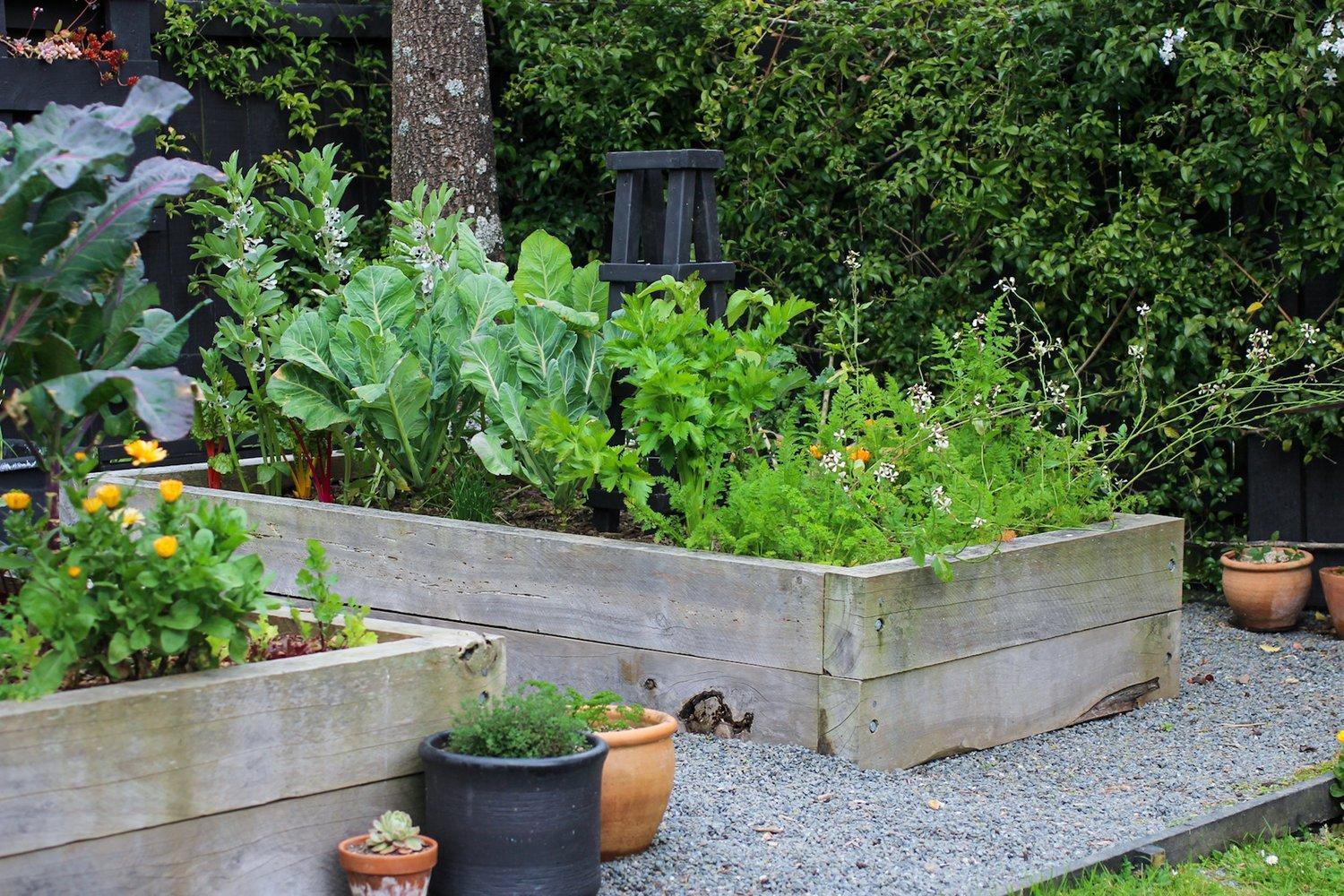
The most common backyard garden type — raised bed gardens — works well in smaller gardens. It uses garden boxes to grow plants in the soil above the ground-level surface. You would typically make raised beds with lumber, but you can also use rough logs, metal cattle feeders, plastic prefab planters, and bricks.
Benefits of raised bed gardening:
– Fewer weeds to deal with
– Better water retention in sandy soil areas
– Better drainage in clay soil areas
– More growing space to work with
Vertical Gardens
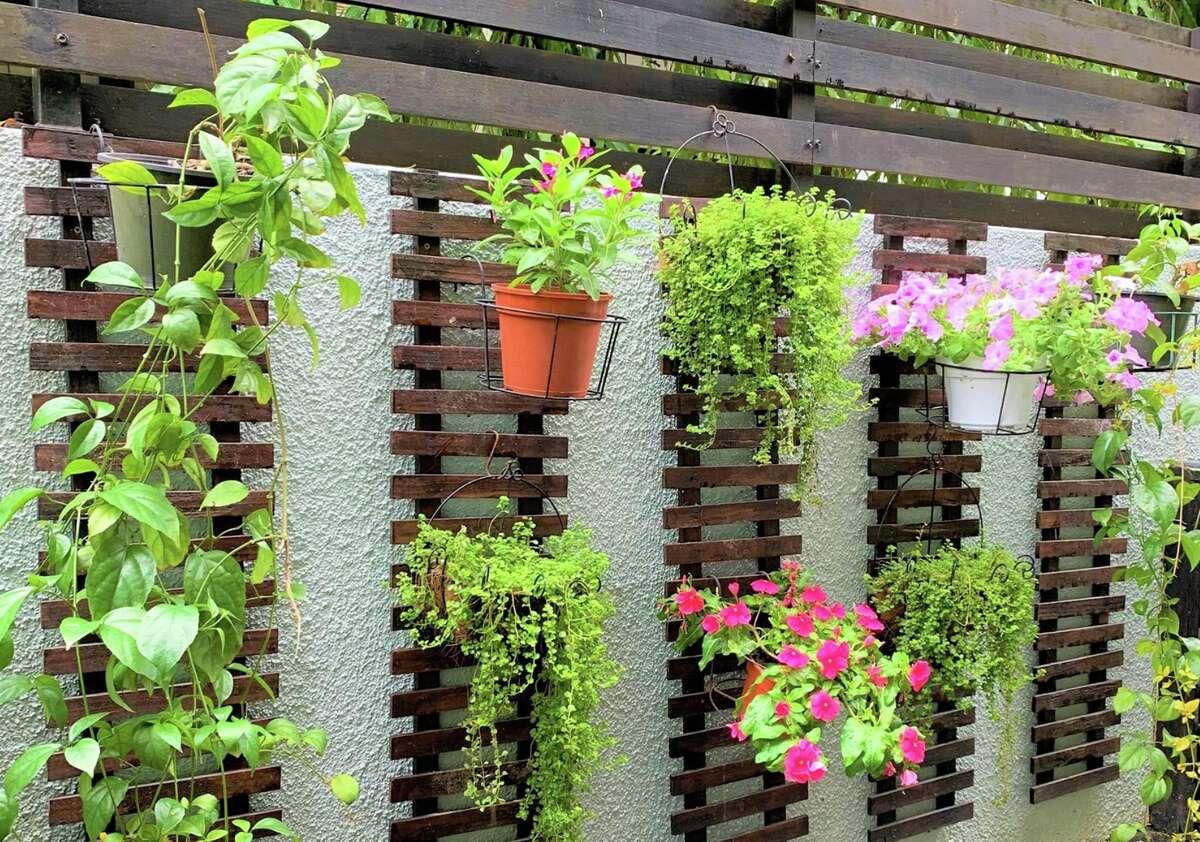
Vertical gardens are a great way to get the most out of smaller rooms and are ideal for urban-style gardening. By using the walls, fences and trellises to provide a space for plants to grow upwards rather than out, you’ve managed to hack the system.
Benefits of vertical gardens:
– It doesn’t take up too much space
– Relatively easy to set up
– The flexibility of rearranging — easy to make changes when necessary
Balcony/Patio Garden
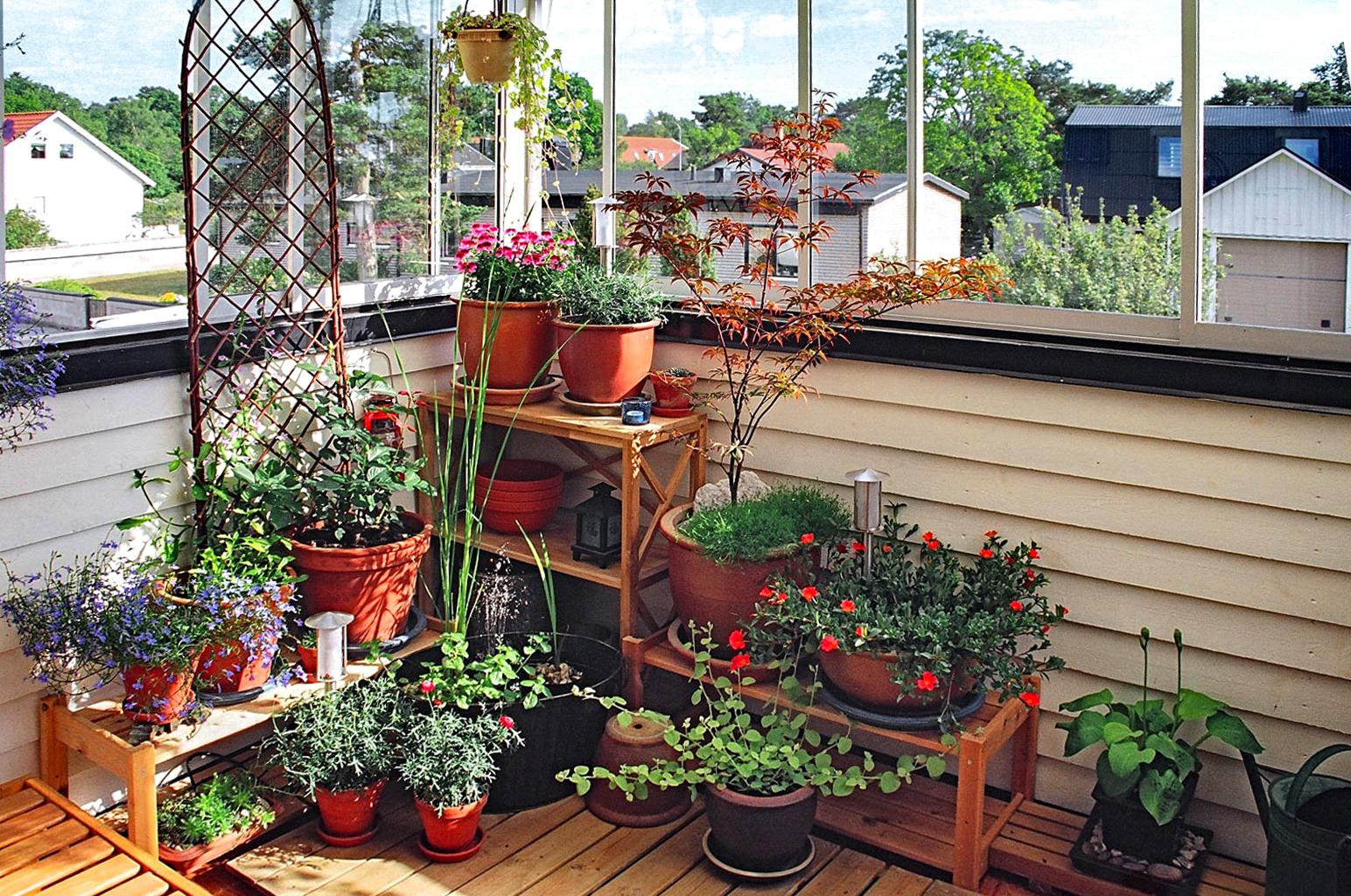
Balcony or patio gardening is a fantastic way to grow vegetables and aromatic herbs on your balcony without needing to build much or dig into the ground. This method allows you to grow food, herbs or flowers on the balcony of a sky-rise building if you want to. You can fit a wide variety of plants into a tiny space and harvest an abundance of tomatoes, greens, and herbs throughout the summer. The main con of these gardens is their watering needs. Container plants require consistent watering and it’s difficult to install an irrigation system on a balcony so you’ll need to hand water your veggies daily.
Benefits of balcony/patio gardening:
– It doesn’t take up much space
– Can suit most apartment styles (with balconies)
– Easy to set up
Windowsill Garden
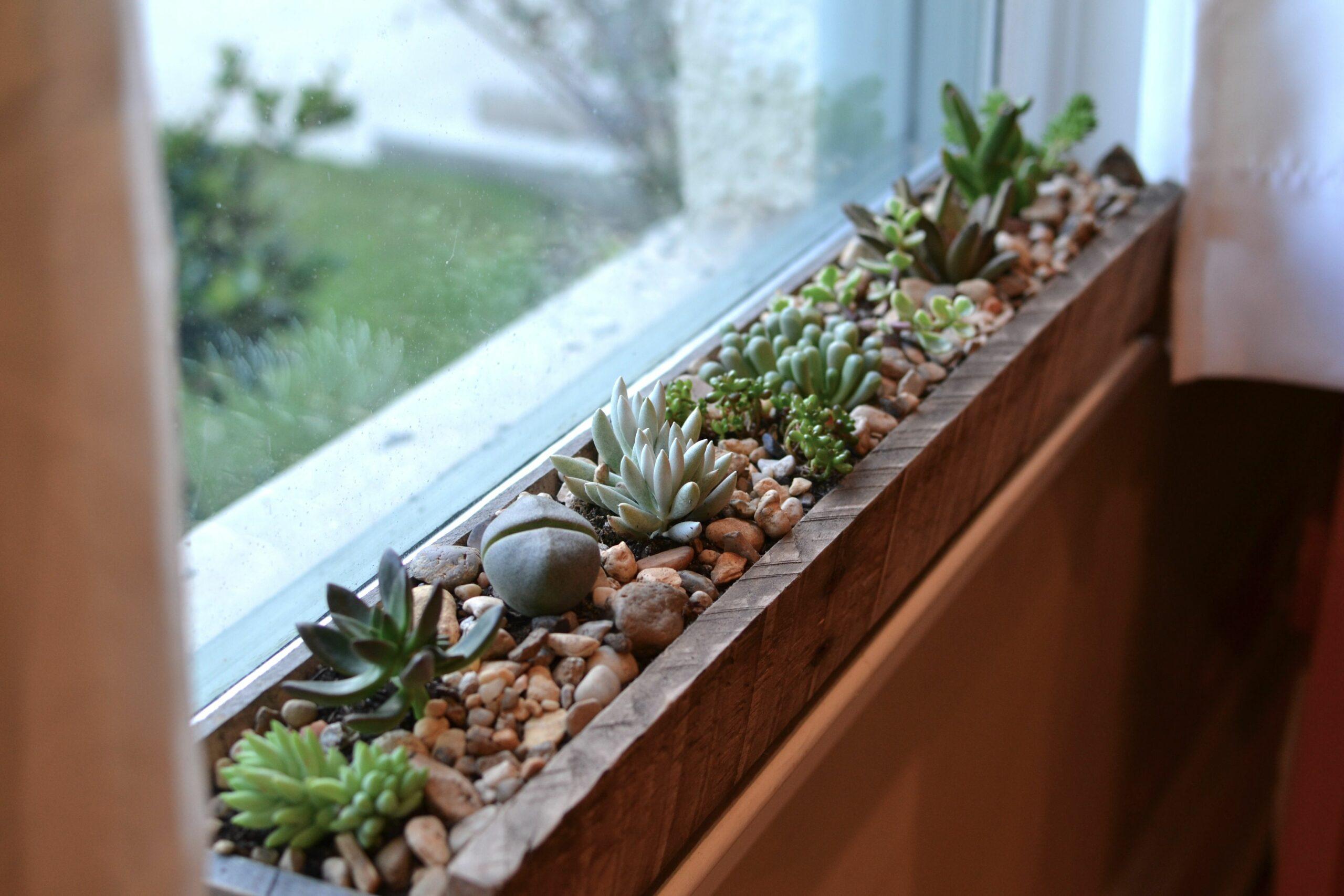
If you don’t have any outdoor space and not too much indoor space, then a windowsill garden is your go-to container garden. Make use of containers and pots throughout your home to grow edible crops, flourishing flowers or tranquil plants. Like the balcony/patio garden, this system doesn’t have an irrigation system, so you’ll need to water and check on them daily. You’ll also need to ensure you set up your Windowsill Garden on a sun-facing side of your home or spend money on setting up indoor grow lights.
Benefits of windowsill gardening:
– It doesn’t take up much space
– You can make it in any dwelling or building
– Relatively quick to set up
What Should I Prepare Beforehand for Container Gardening?
The Drainage
When there aren’t enough holes for the water to get out of your container, your soil becomes too wet, and the roots of your plants can rot causing your plants to die.
Tip for inside plant gardens: Thoroughly water the plants under the tap in your sink and allow the excess water to drain from the bottom. Wait for a couple of minutes, and then place them back.
Assess Your Lighting
Be sure to estimate how much sun your gardening containers will get. Evaluating how much light your container will help you choose which plants to grow.
How to do this: Place your (empty for now) container where you plan to set it up, and then time how long the sun hits it. Now you have the necessary information to work with when planning which plants, herbs or flowers you want to grow.
Ensure You Feed Your Plants Properly
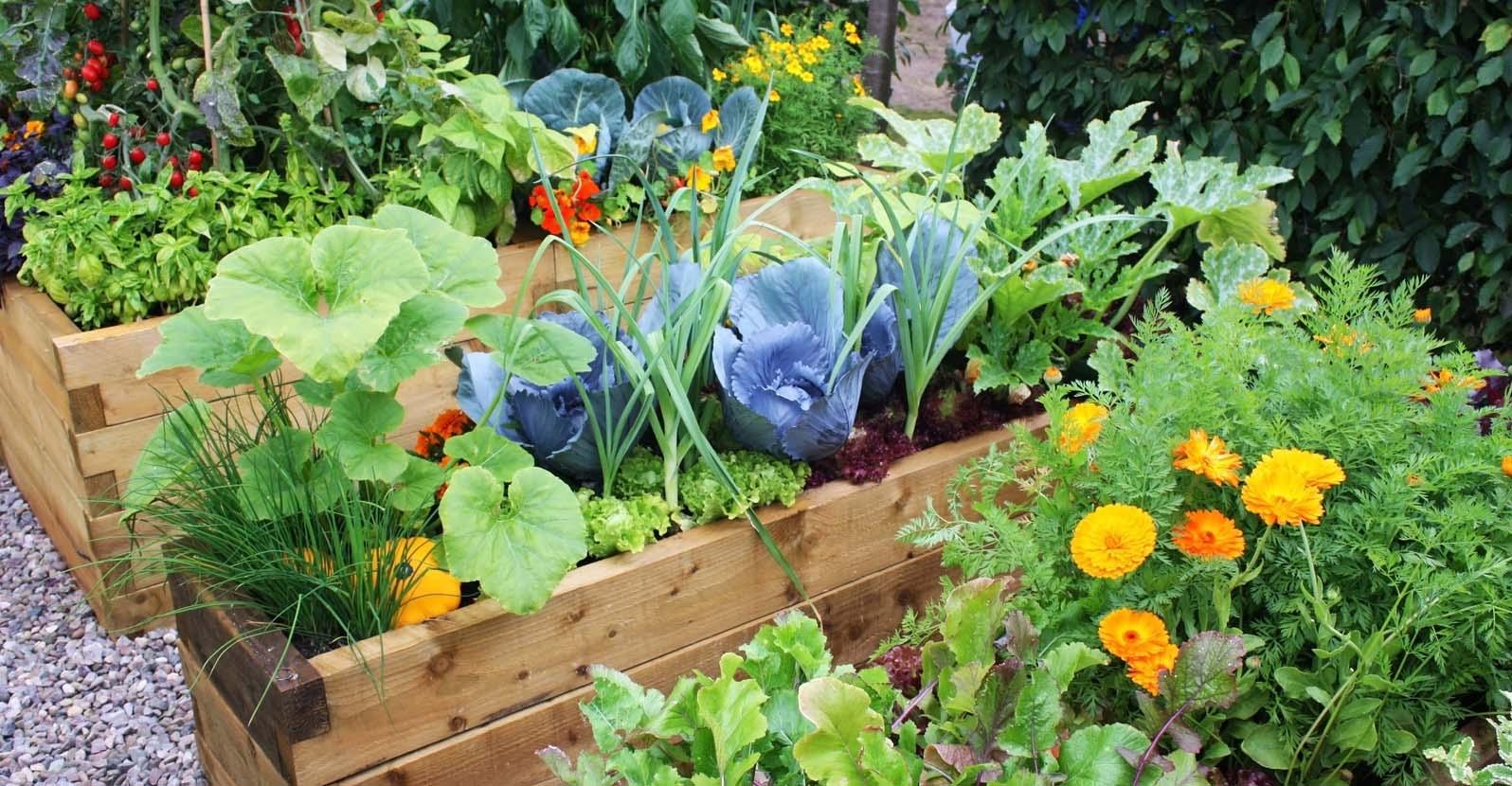
The potting soil that plants come in often lacks proper nutrients so you’ll need to add those. Most plants you buy will need fertiliser added to the soil to survive, let alone thrive. You can mix a slow-release fertiliser into a potting mix. Mix a big batch of potting soil with fertiliser in a bucket, or fill your pot with potting soil and mix in the fertiliser before you begin planting.
Make a List Before You Buy Any Plants
Decide what you want before you go to the nursery and make a list. Try to create an inventory with the number of pots, the sizes, and where they are going — so you can get plants that fit the containers and be aware if you need plants suited for plenty of sun or shade.
Pro-tip: It’s a great idea to bring your pot or a picture of it with you. Any nursery worth its green thumb will have someone there to help you with these difficult choices.
Consider Companion Planting
When picking plants for your container gardening, ensure they all get along! Check that all the plants sharing a pot have the same light and moisture needs. If you combine plants with different needs, you’re going to have a bad time. If you’re feeling lost or can’t find help online, most plant nurseries can give you great advice on which types make good neighbours.
Some good common companions to have:
– Roses and Garlic
– Marigolds and Melons
– Tomatoes and Cabbage
– Radishes and Spinach
– Corn and Beans
– Cabbage and Broccoli
– Hyssop and Brassicas
– Lavender and Leeks
Growing plants in small spaces can be a rewarding and fulfilling experience. You’ll be amazed at the lush and vibrant sanctuary you can create in your space with patience and care. If you need to store away some valuables to make space for these plants in your life, or need a secure storage unit to store your gardening supplies and tools, then Louth Self Storage has a wide selection of personal storage unit sizes to help keep you organised.
Give us a call at 015 0732 7008 to get your greener days underway!
